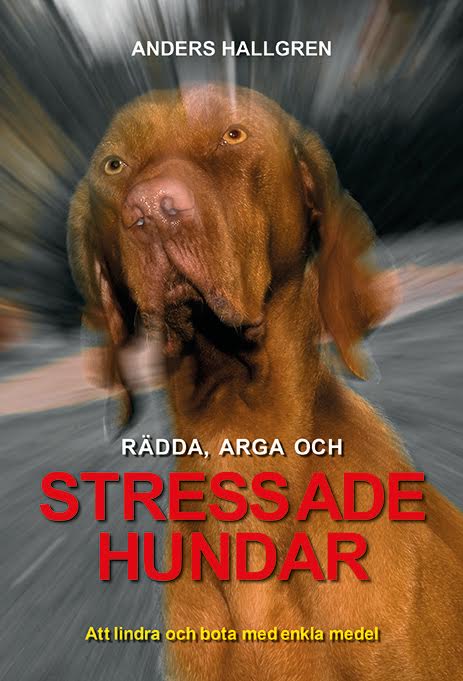Stress is the musketeer of the body
– and also its potential enemy
Stress is something that is supposed to help individuals to overcome problems. When needed, the body becomes physically stronger and the mind more alert and sharp. This process demands a lot of energy, though, so the cost is high. For that reason it is essential that the stress reaction is short and followed by a period of recovery.
A problem in today’s society is that there are so many different stress factors. Neither people nor dogs are prepared for this, so stress will affect body and mind. Prolonged stress, or a traumatic experience, will change an individual socially, psychologically and physiologically and lead to behavior problems and disease.
In this seminar I will discuss stress from several aspects. In general, there are two types of physiological reactions, although combined; the endocrine stress and the stress on the brain. The endocrine stress is based on the reactions in some of the hormone producing glands, like the adrenals. The stress reactions in the brain are based on several systems to maintain the equilibrium of the organism.
To be able to manage stress in dogs it is imperative to know the most common factors that stress dogs. We will discuss over- and understimulation as well as feeling of insecurity and learned helplessness. Besides this we will discuss different therapeutic strategies, both those that are psychological, medical and those based on natural supplements.
This seminar is open for anyone with an interest in canine behavior. No previous training is necessary. Most of the facts and terms presented are easy to understand.
Preliminary schedule:
09.00 Opening and presentation
09.30 History and definition of stress
09.45 Two types: Endocrine stress and brain stress
10.00 Endocrine stress
The adrenal glands effect on the organism (adrenaline, noradrenaline and cortisol). A system strives after balance. The Tyroxine (thyroid hormone) affect on stress. Testosterone is partially a stress hormone. (Discussion on why our male dogs are becoming more masculine.)
12.00 Lunch
13.00 Brain stress
Difficult to separate from endocrine stress. The brain’s physiologic mechanisms to reach balance. The connection between brain stress and endocrine stress.
14.00 Cause of different kinds of stress
Genetic, over- and understimulation, uncertainty, chock, prolonged physical effort or demands, hormonal change, disease, pain etc.
15.30 Break for coffee
16.00 Diagnosing and therapy for different states of stress
17.00 End of day

Be First to Comment